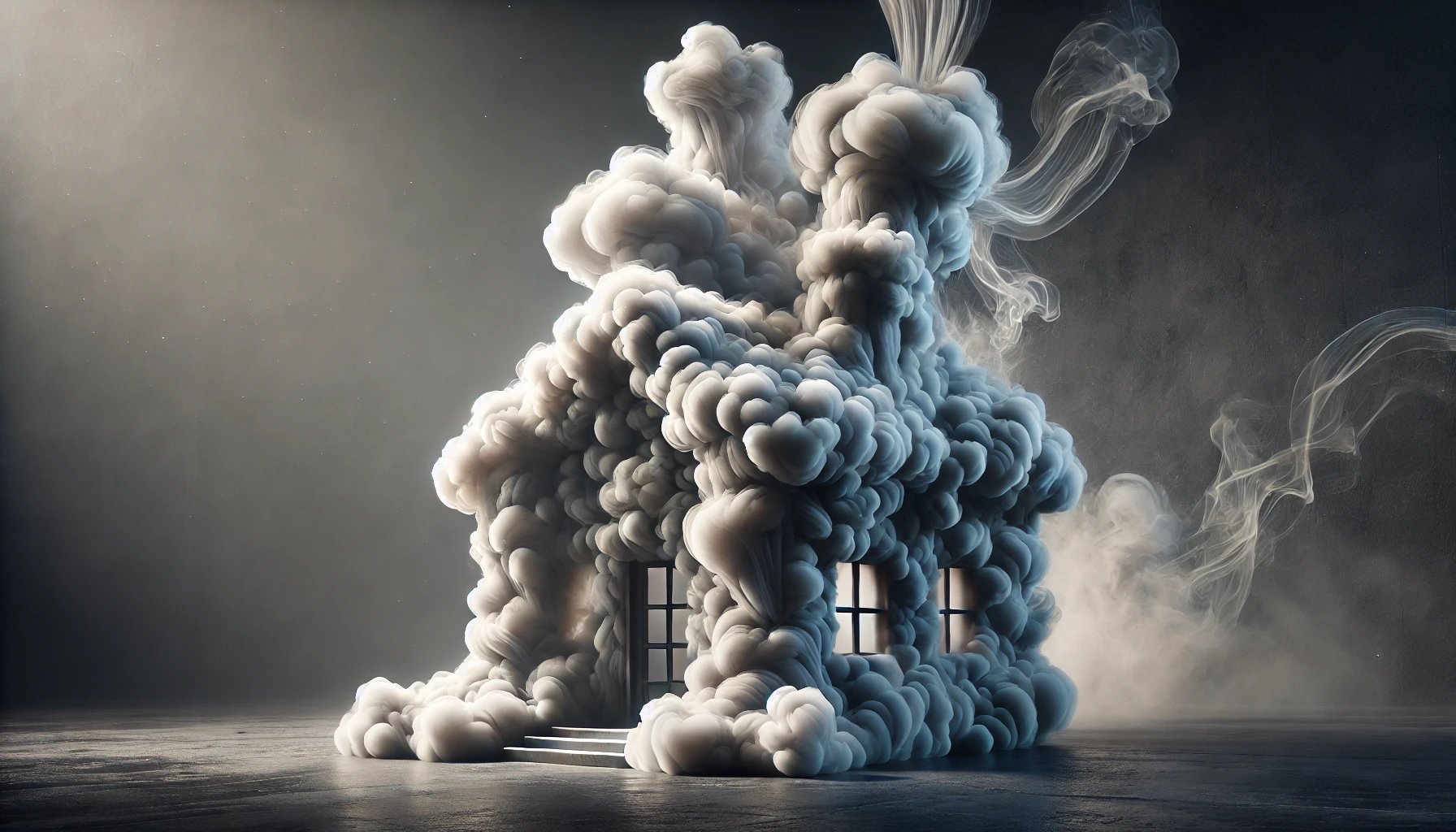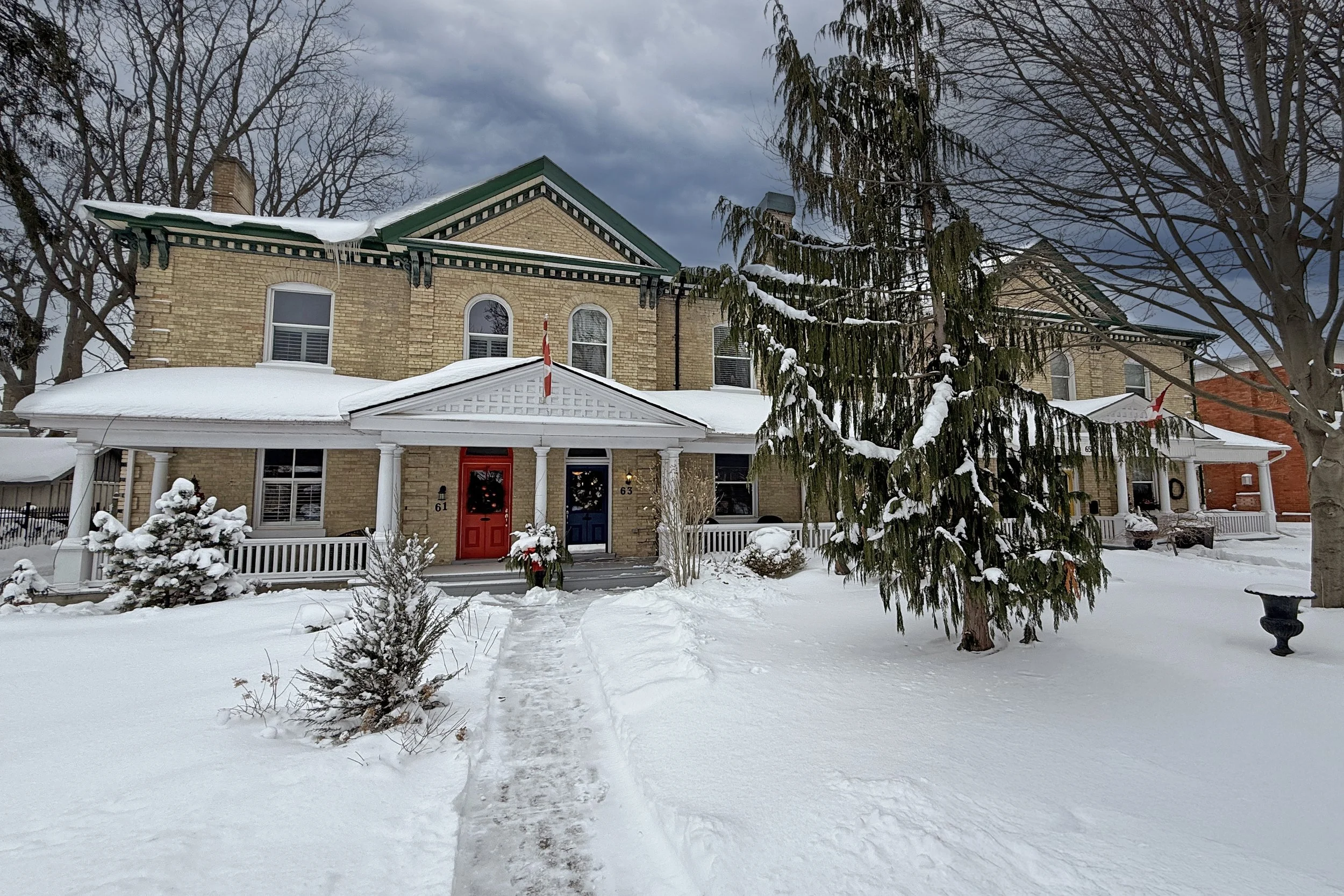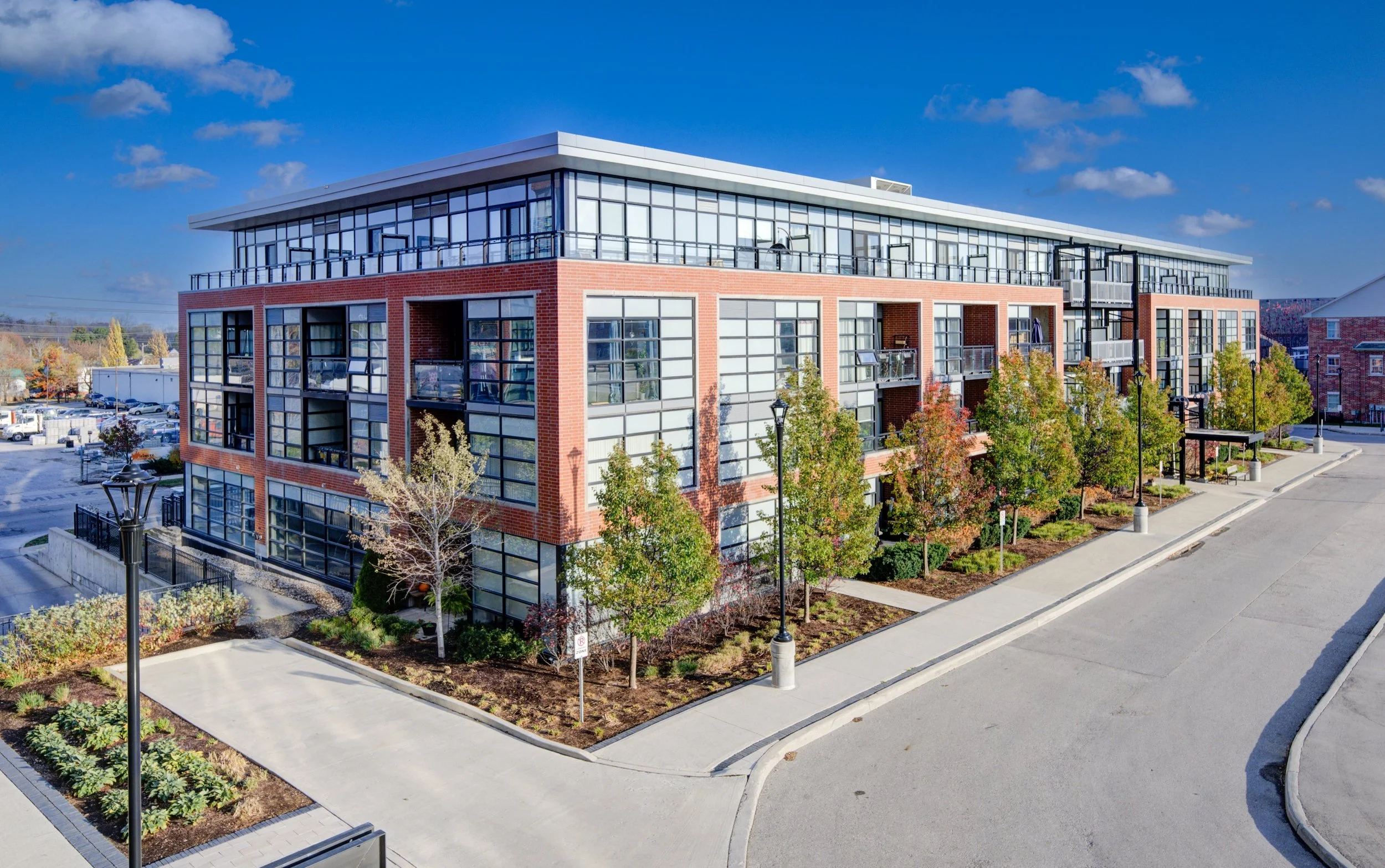The Top Reasons Not to Smoke in Your Home: A Real Estate Perspective
/When it comes to purchasing or renting a property, there are countless factors to consider: location, size, layout, and of course, condition. One major issue that can significantly impact a property's value and livability is smoking inside the home. Whether you're a smoker or not, it's essential to recognize the long-term consequences of smoking indoors. Here are some compelling reasons to avoid smoking in your home, especially if you plan to sell or rent it in the future.
1. Health Risks for Occupants
The most immediate and obvious concern with smoking indoors is the significant health risks associated with second-hand smoke. Studies consistently show that exposure to second-hand smoke can cause a variety of health issues, including respiratory diseases, heart problems, and even cancer. This is particularly concerning for children, elderly family members, or anyone with pre-existing conditions such as asthma or allergies.
If you're considering selling your home in the future, potential buyers will be wary of any lingering tobacco odor or hidden contaminants like tar and nicotine. The last thing any family wants is to purchase a property that could be hazardous to their health.
2. Lingering Odors That Are Hard to Remove
One of the toughest challenges of smoking inside a home is the persistent smell of tobacco. Even if you try to mask it with air fresheners or cleaning products, the odor often seeps into carpets, upholstery, drapes, and even the walls themselves. Over time, this smell can become ingrained into the fabric of your home, making it harder (and more expensive) to get rid of.
It's not just the immediate smell that is problematic—tobacco smoke can leave behind a sticky residue that can stain walls, ceilings, and furniture. These stains are often difficult to clean and may require professional deep cleaning or even repainting entire rooms, adding extra time and cost to your home maintenance.
3. Impact on Property Value
When it comes time to sell your home, smoking indoors can significantly decrease its market value. Prospective buyers often shy away from homes that have been smoked in, primarily due to concerns about lingering odors, the potential for hidden damage, and the costs of cleaning the space. According to a 2020 report by The Canadian Real Estate Association (CREA), homes that have been exposed to smoke often sell for 5-10% less than comparable homes that have not been smoked in.
The long-term impact on a home’s resale value can be significant. Even if the home is priced to reflect the potential costs of cleaning or renovations, many buyers will still be turned off by the prospect of dealing with the aftermath of smoking indoors. This is particularly true in competitive housing markets where homebuyers have a wide range of options to choose from.
4. Higher Cleaning and Renovation Costs
Removing the residue of smoking in your home is no small task. If you're preparing to sell, you may need to invest in professional cleaning services or even repaint entire sections of the house to eliminate stains and odors. According to HomeAdvisor, the cost of deep cleaning a home can range between CAD $300 to CAD $800, depending on the size of the property and the severity of the smoke damage.
If extensive repainting or replacing carpets is required, those costs can easily climb into the thousands. For instance, replacing carpets that have absorbed tobacco smoke could cost anywhere from CAD $2,000 to CAD $5,000 or more, depending on the size of the house and the quality of the materials used. Similarly, repainting can add another CAD $2,000 to CAD $4,000. According to estimates from Fixr.com, a typical interior painting project in Canada averages around CAD $2 to CAD $6 per square foot, with higher costs for specialized paint needed to cover smoke stains. This can make repainting a costly yet essential step for removing tobacco residue effectively.
5. Reduced Appeal to Renters
If you're renting out your property, smoking inside can severely limit your pool of potential tenants. Many tenants—especially families, young professionals, and individuals with allergies—will avoid renting homes that have been smoked in. This could result in longer vacancy periods, and consequently, a loss of rental income.
Additionally, if you do find tenants willing to overlook the smoke damage, you may face more frequent complaints about the condition of the home. This could result in tenant turnover and higher maintenance costs over time.
6. Increased Risk of Fire Hazard
Another critical issue with smoking indoors is the increased risk of fire. While this might seem like an obvious point, many people don't realize how much of a risk smoking inside can present. According to the National Fire Protection Association (NFPA), smoking materials are a leading cause of residential fires, accounting for hundreds of deaths and thousands of injuries each year. Careless disposal of cigarette butts or a lit cigarette falling onto flammable materials can quickly lead to a fire.
Homes with a history of smoking are often more prone to hidden fire hazards, which is a concern for both homeowners and potential buyers. Additionally, smoke residue can accumulate on electrical appliances, leading to overheating or short-circuiting, which may cause even more fire-related problems.
7. Longer Time to Sell the Home
In a competitive real estate market, time is of the essence when selling a property. Homes with smoking-related issues tend to stay on the market longer. Buyers are often more discerning and will prioritize homes that are clean, fresh, and move-in ready. A property with a lingering tobacco odor or visible stains will need more time to sell—and that means higher carrying costs for you, as well as the possibility of needing to lower your asking price.
Sources:
Canadian Real Estate Association (CREA), 2020. CREA Website
HomeAdvisor, 2023. HomeAdvisor Website
Fixr.com, 2023. Fixr Website
National Fire Protection Association (NFPA), 2023. NFPA Website





